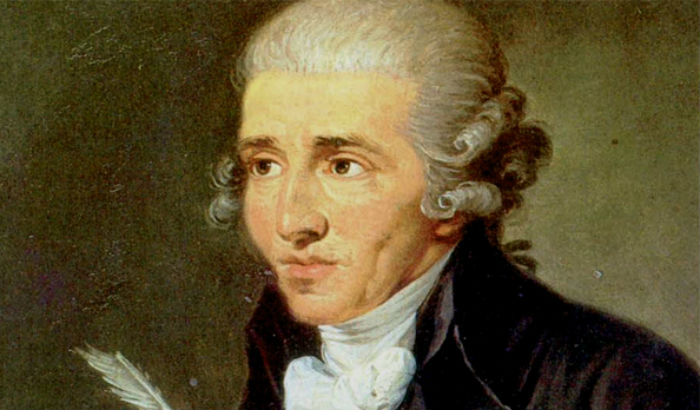
Haydn's first symphonies as well as his earliest string quartets date from this period. After struggling for several years as a teacher, freelance musician, and occasional composer for the popular Viennese stage, Haydn finally obtained a measure of financial security when Count Karl Joseph Franz Morzin took him into his household as music director around 1757.

Haydn's early years as a composer and musician illustrate the crucial importance of aristocratic musical patronage in eighteenth-century Europe. Stephen's for almost ten years until he was forced to leave around 1749 -not, as legend has it, to escape castration but because his voice broke. Haydn acquired his first formal training in music at the Hainburg school, and at the age of eight left to continue his musical education as a pupil at the choir school of St. Catholic parish schools had traditionally emphasized music (the schoolmaster usually doubled as the church organist) since pupils were needed to sing or perform in the parish's annual cycle of regular masses, baptisms, funerals, and processions. He showed an early aptitude for music, which was noticed by a visiting schoolmaster who convinced his parents to send the six-year-old Joseph to a parish school in the neighboring town of Hainburg. Haydn was raised in a devoutly Catholic household and his parents had hopes of his entering the clergy.

He is sometimes called the father of both the symphony and the string quartet. Born in modest circumstances as the son of a wheelwright in the Lower Austrian town of Rohrau, Haydn was by 1800 the most celebrated composer in Europe. HAYDN, FRANZ JOSEPH (1732 –1809), Austrian composer considered the founder of Vienna classicism.


 0 kommentar(er)
0 kommentar(er)
